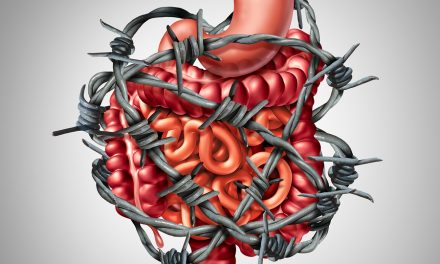Many things are ok, in moderation, and alcohol is no different. However, depending on what’s going on in your body, or the amount you consume, it may actually be terrible for you. Because alcohol is a depressant it can impact both mental and physical health.
While having a drink after a long day can be relaxing and alcohol has also shown to have some preventative properties, it also has some dangerous effects:
- There are numerous studies showing the correlation between alcohol consumption and cancer development, linking moderate to regular alcohol consumption to the following types of cancer: head and neck cancer, esophageal cancer, liver cancer, breast cancer, and colorectal cancer.
- Studies also show that excessive drinking compromises your vitamin B12 levels. If you become deficient in this crucial vitamin, your health may suffer greatly.
- Alcohol interferes with the pancreas and its ability to absorb calcium and vitamin D.
- Alcohol also affects the liver, which is important for activating vitamin D, which is necessary for proper calcium absorption; this ripple effect can lead to difficulties with bone regeneration.
- A common cause of liver cirrhosis (when the liver becomes scarred) is alcohol abuse. Cirrhosis of the liver can be very serious, even fatal, and often the only way to reverse it is through surgery.
- Consuming alcohol slows down processes in the brain, often resulting in memory loss. And excessive drinking can result in complete “black-outs,” causing you to forget where you were, what you did, and even who you did it with. Over time, this can make it difficult to remember events that happen even while sober.
- Alcohol can irritate the stomach and intestines, which causes an inflamed stomach lining and delayed stomach emptying.
- Alcohol inhibits glutamate (a stimulant that keeps us awake) production. However, when our alcohol blood level reaches zero (during a hangover) our body reacts by overproducing this stimulant, which results in disturbed sleep. According to this research, a potential explanation for alcohol-induced hangovers is that alcohol affects the neurotransmitters, histamine, serotonin, and prostaglandin.
So then, how much should or can you drink? The Canadian Centre For Addiction and Mental Health recommends that women should drink no more than 10 drinks per week with no more than 2 drinks a day. And they recommend that men should drink no more than 15 drinks a week, with no more than 3 on one day. Oh, and no daily drinking either.
If you are someone who drinks regularly, or who uses alcohol as an escape, this information is for you from a concerned community who wants you to be your healthiest and happiest. Perhaps you could start small and take a break from alcohol for a week or a month and see if your mood improves? Many people take the month of January off- calling it “dry January”. Or, if you are using alcohol as a means to deal with stress, maybe go for a run or walk, read a book, or meditate…just do something positive to deal with the stress rather than escaping it with alcohol.
Take care. XO- Erin
Source: Collective Evolution












